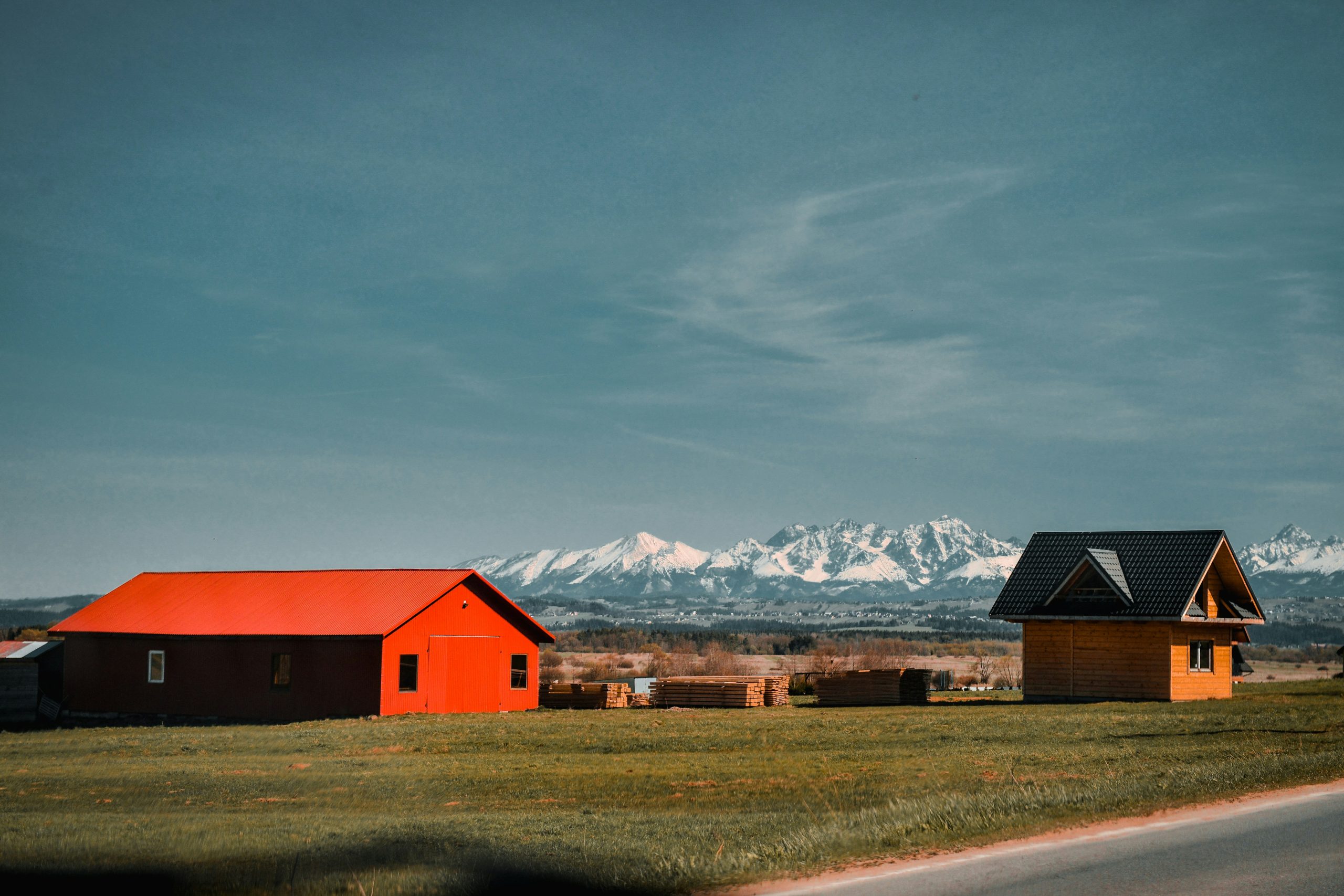Not a lot of North Americans have heard of Storm Boris, preoccupied as we rightly are with Hurricane Helene.
An exception might be travel advisors who sell a lot of European river cruises. They might know that Storm Boris — the name could hardly be more perfect — came barreling out of the Baltic Sea in mid-September and dumped as much or more rain on central Europe as Helene did on the southeastern U.S.
The storm flooded the countryside and caused the Danube River to rise in spots past the point where river cruise boats could squeeze under bridges in Vienna and Budapest.
Avalon Waterways said two Danube cruises had been disrupted by the flooding, and it canceled two more cruises in advance. Other cruise lines did ship swaps or developed modifications in impacted areas to make itineraries work.
Okay, so we’ve been through this before. Nothing you can do about the weather, right? But if a new report is to be believed, agents may have to consider whether this kind of disorder is going to be more frequent in the future.
According to an analysis by World Weather Attribution, a pan-European academic collaborative that studies the role of climate change in extreme weather events, Storm Boris dumped 7% to 20% more rain than a similar storm would have in a preindustrial world.
Personally, I think it’s a bit of a fool’s errand to tie any one weather event to global warming. But World Weather Attribution is chock full of scientists and meteorologists who are willing to try.
I’d rather believe Polish prime minister Donald Tusk, who pins much of the flood damage on beavers that he says have been burrowing into dikes that keep flood waters in check.
But World Weather Attribution isn’t saying something other climate change experts aren’t, which is that garden-variety storms are more frequently becoming super storms. And in Europe, there would be attendant consequences for river cruising.
Certainly, it’s something European authorities are grappling with, and like New Orleans after Hurricane Katrina, they may think about structural changes to reduce flooding. River cruise lines aren’t nearly as important to the continent’s economy as the cargo vessels that ply its rivers. According to the BBC, Austria, and Vienna in particular, already said that flood-defense measures they’ve taken were effective in preventing major harm from Boris — and could be lessons for other cities.
For travel advisors, it’s important to keep an eye on weather and flooding (and that other occasional European-river challenge, low-water levels) and be able to discuss the potential for disruptions on Europe’s rivers, just as they do when it comes to hurricanes and the Caribbean.
And for clients wary of booking during seasons with the highest potential for storms and flooding, agents can embrace the diversity of destinations that river lines have come up with in recent years. Of course, Europe remains the biggest river cruise market, but options are multiplying, in places like Egypt, China, Southeast Asia and Brazil and closer to home on the Mississippi, Tennessee, Ohio and Hudson rivers. One of the most pleasant cruises I’ve ever taken plied the waters of the Columbia and Snake rivers in the Pacific Northwest.
To be sure, man-made climate change is the ultimate global phenomenon, and today’s deluge in central Europe might be tomorrow’s Katrina in New Orleans. But it can’t hurt to have a Plan B to suggest to clients if they are among the small group that have heard of Storm Boris and are seeking a river vacation elsewhere.
Tom Stieghorst is Travel Weekly’s interim editor for tours and river cruises. He previously covered cruising for the publication.











